What can we learn about ourselves from the things we ask online? US data scientist Seth Stephens‑Davidowitz analysed anonymous Google search results, uncovering disturbing truths about our desires, beliefs and prejudices
Adults who work with Young People News
How are children’s play objects shaped by technological inventions? As toys become increasingly connected online, Bieke Zaman, Donell Holloway and Leila Green research the ‘Internet of Toys’.
Instagram is rated as the worst social media platform when it comes to its impact on young people's mental health, a UK snapshot survey suggests.
The poll asked 1,479 people aged 14-24 to score popular apps on issues such as anxiety, depression, loneliness, bullying and body image.
Instagram said keeping the platform a safe and supportive place for young people was a top priority.
Instagram is introducing two new tools to help keep Instagram a safe place for self-expression — a filter to block certain offensive comments and a spam filter in nine languages. These tools are the next step in their commitment to foster kind, inclusive communities on Instagram.
The information that all types of academies, free schools and 16 to 19 colleges should publish on their websites.
Snapchat’s next big feature wants to get you to meet up with friends in real life rather than just watching each other’s lives on your phones. Snap Map lets you share your current location, which appears to friends on a map and updates when you open Snapchat.
When I work with young people I help them make informed choices about whether there are more risks than benefits of having 'location' active on their devices.
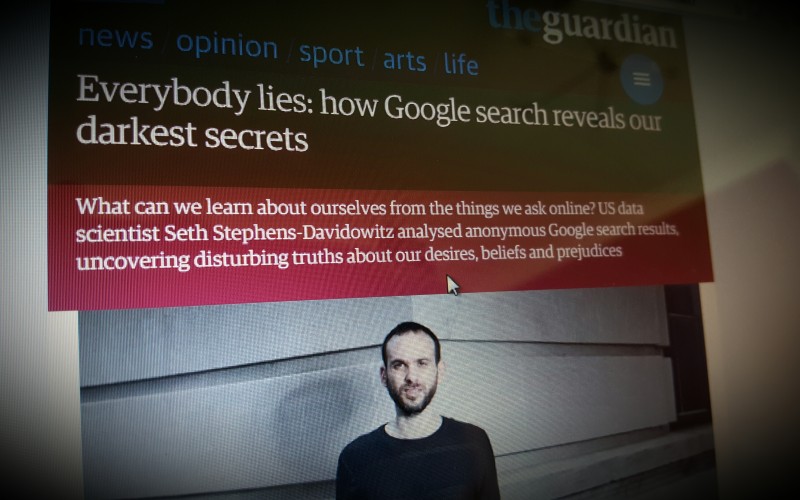
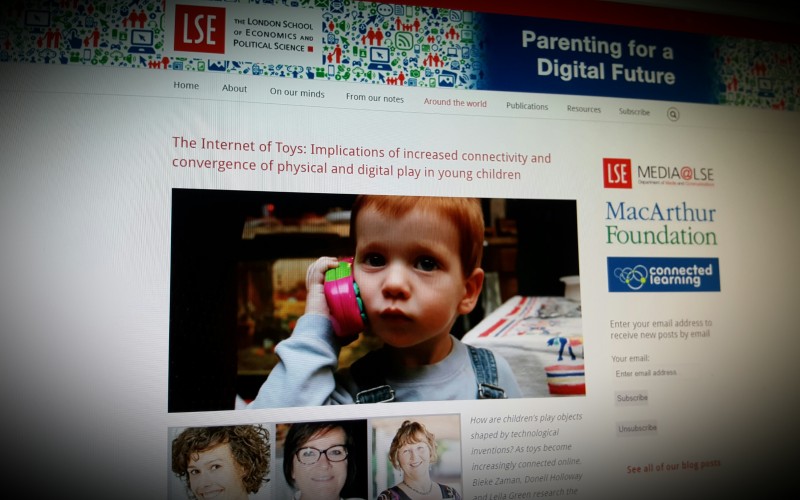
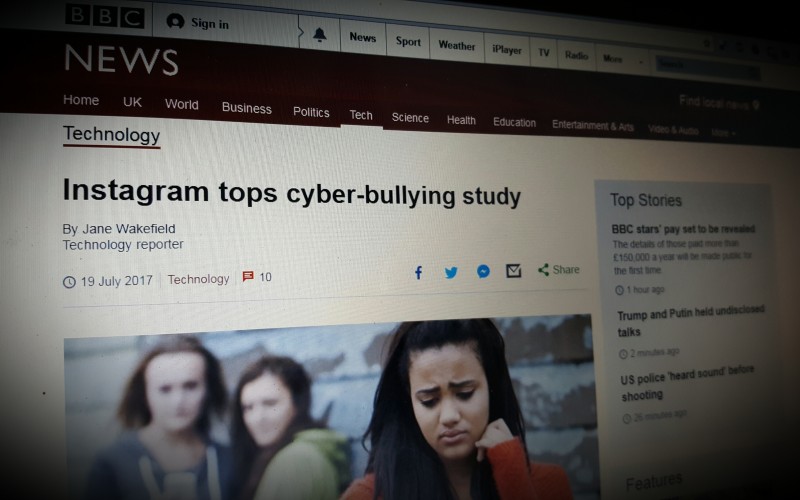
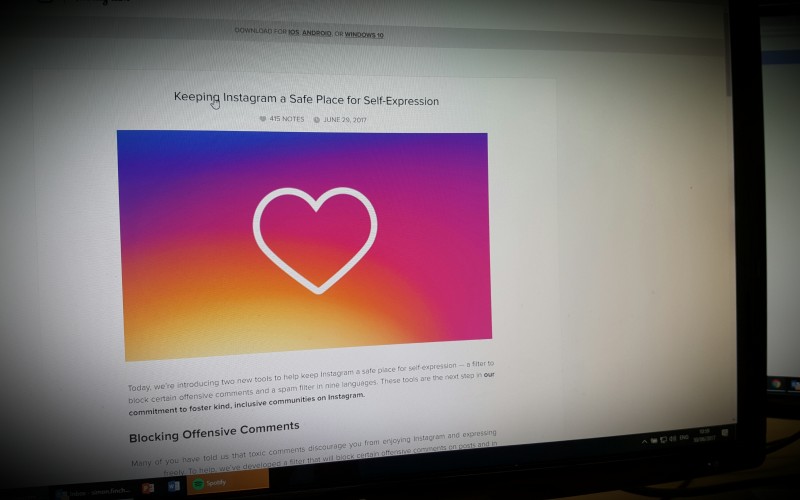
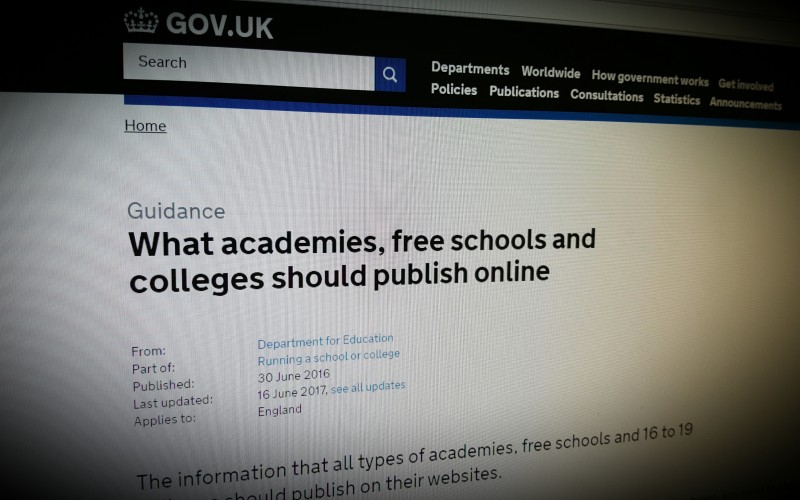
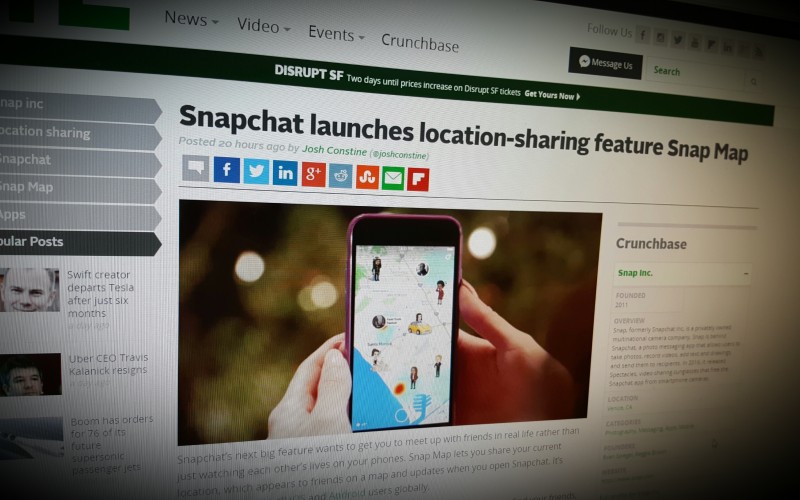
Comments
make a comment